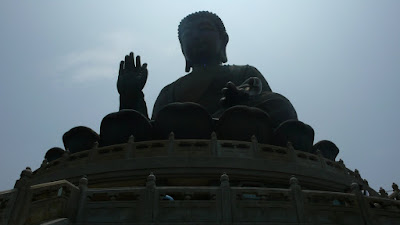It means true or genuine in the first tone.
I live in Hong Kong. Tang dynasty poetry is from 300 years after the birth of the common era. I don't think Christ lived. He is a myth. A good one. I know the Tang dynasty poets lived; lived full lives. They write of love, to be longed for, of drinking wine, and mourning for old friends. The poets wrote of their life as they lusted after women and wondrous nature: mountains, swift rivers, tall bamboo, wine, Hanzi scriptures on the plinths in monasteries. Dew on leaves; roses bursting with colour, cold winter chill that shivers in the morn. I study politics and the sociology of lost peoples. Those who have suffered at the hands of British occupiers.
I don't know Hong Kong poets. I haven't found them. They are lost in the small history of Hong Kong. I wonder if there is a society that doesn't express itself in art and drawing? I bet there isn't.
This is from a Tang poet, Du Fu:
i am an old man, and i do not know where i shall be
heading.
i am tired from walking the wild hills, i am ever more sad at the pace.
Du Fu lived until he was 58. Only 1300 years after the birth of Buddha. Or 1244 years before I was born. He wrote about his life and the sights and sounds of the China he enjoyed; the emperors, lords, court eunuchs, his lovers, and drinking wine with good friends.
He also wrote:
the flowers she picks are not to put in her hair
and she often gathers cypress leaves by the handful.
the day is cold, her emerald green sleeves are thin;
as the sun sets she rests against tall bamboos.
I know this woman who holds many lives in her smile -- I am happy to have loved her and still do. I don't live with her now, I will.





















